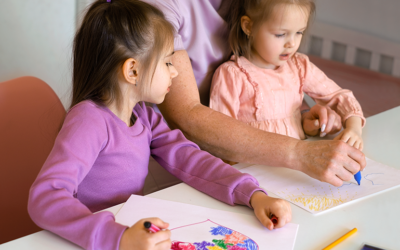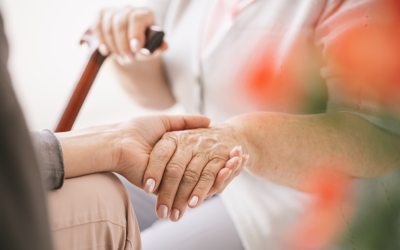Supporting You in Your Time of Grief
Tabitha’s comprehensive bereavement program offers support to spouses and family members during a time of loss.
Tabitha Hospice offers bereavement services for up to 18 months following the loss of your loved one.
- Individual grief support
- Grief support groups
- Educational grief events
- Phone call check-ins/support
- Remembrance services
- Mailings, including grief support, Embrace newsletter, resources and more
We’d love to hear from you!
Tabitha Hospice Bereavement Coordinators
Our Bereavement Coordinators provide grief support following the death of your loved one.

Jason Padilla
Serving the Lincoln/Lancaster Area
402.366.6791

Dan Rogers
Serving the Grand Island, Kearney & York Areas
402.366.6791

Sue Simmons
Serving the Omaha Area
402.819.4949
Grief Support Groups & Remembrance Services
Tabitha is proud to offer Grief Support Groups throughout the year as a service to family members and friends experiencing the recent death of a loved one. The meetings promote healthy conversation between a Tabitha team member specifically trained in grief support and a small group of individuals going through a common experience.
The purpose of Tabitha’s grief support groups is to equip participants with the tools and resources needed to reinvest in life.
Grief Tip Videos
Tabitha’s Bereavement Coordinators bring you words of advice, grief education, support and more in these grief tip videos
created just for Tabitha Hospice.
Grief Note
Grieving, under normal circumstances, is difficult. However, when we are facing the holidays it can be even more so. You may be wondering how you will make it through. You may miss your loved one more than normal because of all the things you would typically do together. The festive and joyful mood of this time of year can make us feel disconnected or distraught.
Take care to remember that the holidays will not be like they used to be, and that’s okay. Some moments will be sad and others joyful. All of these emotions can be overwhelming, but it is important to feel them, acknowledge them, and share how you are doing with a loved one.
Another way to stay hopeful is to look for signs of hope during the dark and cold months of winter. Cardinals, special songs or carols, family recipes, decorations and traditions can help foster good memories as we continue to grieve our loss. We can celebrate them in their absence and face the good and grieving parts of the holidays together.
Grief Book and Podcast Suggestions
Sometimes finding the right book, website or podcast can help you process thoughts, feelings and provide helpful insight or information. Check out suggestions by types of loss.







